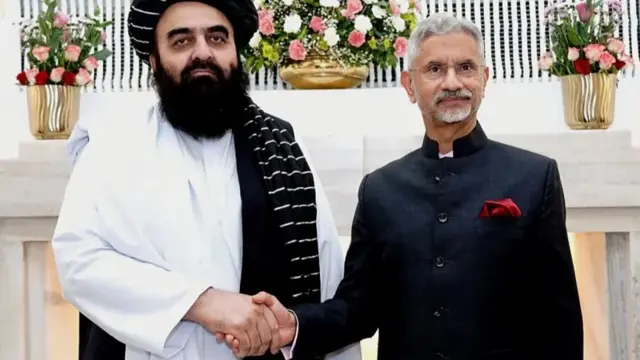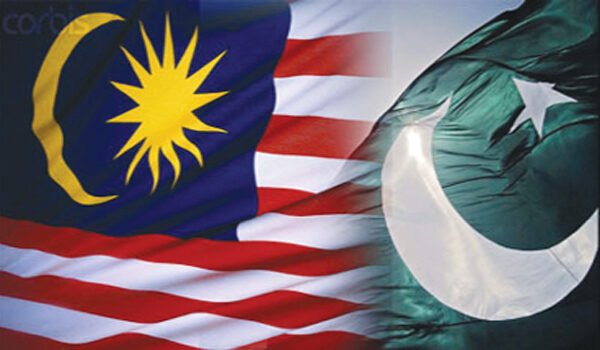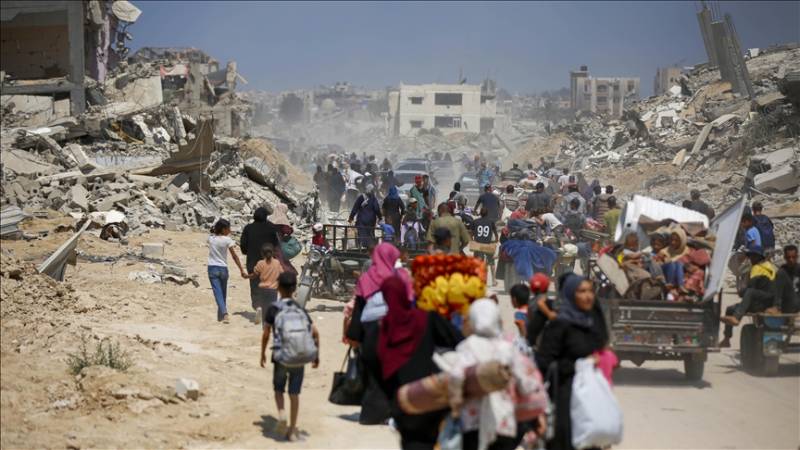Bilawal Kamran
Clashes between the Afghan Taliban and Pakistan — once close allies bound by shared interests — are now threatening to spiral into a lasting and destabilizing rift. The two uneasy neighbors exchanged heavy fire again on Friday, just days after agreeing to a temporary ceasefire and talks in Doha, Qatar. According to Taliban-controlled Hurriyat Radio, Afghan forces launched “retaliatory operations” on Pakistani border posts after Pakistani airstrikes targeted Afghanistan’s Paktika province. At least three members of a local cricket team were killed, and several others wounded. This latest bloodshed underscores the collapse of what was once a transactional alliance, now replaced by growing distrust and open hostility.
Pakistan’s relationship with the Taliban has always been complicated — one of patronage, pragmatism, and profound misunderstanding. In the 1990s, Islamabad helped create, arm, and sustain the Taliban as part of its post-Soviet strategic calculus, seeking to secure “strategic depth” in Afghanistan. Pakistan was one of only three nations to recognize the Taliban government when it seized Kabul in 1996. However, after the September 11 attacks and the U.S. invasion of Afghanistan in 2001, Islamabad had little choice but to withdraw official support. Yet even then, Pakistan maintained informal connections, hoping to influence Afghan affairs from the shadows. When the Taliban reclaimed Kabul in 2021, Prime Minister Imran Khan famously celebrated the event, calling it the Afghan people’s “liberation from the shackles of slavery.” At that moment, Islamabad believed history had vindicated its long-term approach. Four years later, that belief stands shattered.
Follow Republic Policy on YouTube
Relations began deteriorating as militant violence inside Pakistan surged once more. Islamabad accuses the Tehrik-e-Taliban Pakistan (TTP), an offshoot ideologically tied to the Afghan Taliban, of orchestrating deadly attacks that have killed hundreds of Pakistani soldiers and civilians. Pakistani authorities claim the Afghan Taliban not only provide sanctuary to the TTP but also shield its leadership. The Taliban government, however, denies the group’s presence in Afghanistan. A curious incident last month, when both Afghanistan and the TTP experienced simultaneous internet blackouts, lent credence to Islamabad’s accusations. According to Pakistani officials, a recent airstrike in Kabul targeted TTP leader Noor Wali Mehsud — though he survived and later appeared in a video message reaffirming his campaign.
Follow Republic Policy on X (Twitter)
This cycle of violence and mistrust reflects a broader failure of Pakistan’s security doctrine. For decades, Islamabad pursued a dual strategy: aligning with U.S. counterterrorism efforts while quietly maintaining influence over the Taliban. Analysts now see this as a historic miscalculation. As Muhammad Amir Rana, a leading counterterrorism expert, observed, Pakistan’s “double game” was not strategic genius but “a monumental blunder.” The assumption that a Taliban-ruled Afghanistan would act as a stabilizing partner has proven dangerously naïve. Instead, the Afghan Taliban’s ideological and ethnic solidarity with the TTP has placed Pakistan in an impossible position — fighting a war against a movement it once nurtured.
Follow Republic Policy on Facebook
The internal dynamics of the Taliban regime further complicate matters. Since 2021, a growing divide has emerged between the Kandahar-based hardliners, led by supreme leader Hibatullah Akhundzada, and the Haqqani network centered in Kabul. The Kandahari faction views Pakistan with suspicion and increasingly embraces anti-Pakistan rhetoric, portraying Islamabad as an external manipulator. Meanwhile, Sirajuddin Haqqani, the Afghan Interior Minister and historically Pakistan’s key interlocutor, has lost political ground within the Taliban hierarchy. Analysts believe the Haqqanis’ diminished influence has eroded Pakistan’s last meaningful channel to shape Taliban behavior. As one Haqqani member told local media, “Anti-Pakistan sentiments are on the rise in Kandahar,” signaling a sharp internal shift in the Taliban’s power structure.
Follow Republic Policy on TikTok
The Taliban’s growing confidence stems partly from their expanding international recognition. Russia recently accepted their credentials, while China and India have hosted senior Taliban officials. This newfound diplomatic validation has emboldened the movement to act independently of Pakistan’s shadow. As Taliban spokesman Zabihullah Mujahid defiantly wrote on X, “The mujahideen, at high morale, will defend their land and people.” This signals not only a nationalist assertion but also a declaration of political autonomy — a message to Islamabad that Afghanistan will not act as a proxy state any longer.
Follow Republic Policy on Instagram
The most immediate impact of this conflict will be felt in Pakistan’s northwestern province of Khyber Pakhtunkhwa, home to millions of ethnic Pashtuns and the epicenter of the TTP insurgency. Hundreds of Pakistani soldiers have died in the region’s escalating attacks. Experts warn that if the confrontation acquires a Pashtun ethnic dimension, it could ignite internal fractures within Pakistan’s social fabric. Already, local frustration is mounting over inadequate security and economic neglect. Reports that Islamabad is courting American investors to extract rare earth minerals in the region have added to the resentment, deepening perceptions of exploitation rather than development.
Follow Republic Policy on WhatsApp Channel
The rift between Pakistan and the Taliban carries profound regional implications. Strategically, Islamabad risks losing its influence in Kabul just as global power centers are reshaping their presence in Central Asia. Militarily, the growing hostility could destabilize border regions and strain Pakistan’s overstretched security apparatus. Diplomatically, Pakistan’s credibility as a regional stabilizer may weaken, especially if violence continues to spill over into its territory. For the Taliban, sustaining ties with militant networks such as the TTP ensures short-term loyalty but risks international isolation and internal fragmentation. If the Afghan regime cannot control cross-border militancy, it will soon face mounting pressure not only from Pakistan but also from China, Iran, and the Central Asian republics, all wary of extremist spillover.
The path forward lies in realism, not nostalgia. Pakistan must accept that the Taliban it helped midwife are no longer a pliant ally. The era of strategic manipulation has ended; a sovereign and assertive Taliban now occupies Kabul. For Islamabad, the task is to transition from dominance to diplomacy, from covert control to open negotiation. It must develop a pragmatic framework for border management, re-engage in structured dialogue through regional platforms like the Shanghai Cooperation Organization, and rebuild trust through reciprocal actions rather than unilateral strikes. Equally, Pakistan must strengthen internal governance and development in its border provinces, addressing the grievances that militant groups exploit.
The breakdown in Pakistan-Afghanistan relations is not merely a failure of policy; it is the unmasking of decades of flawed assumptions. The illusion of “strategic depth” has given way to the reality of strategic vulnerability. For the region to avoid another cycle of bloodshed, both Islamabad and Kabul must replace suspicion with statesmanship and confrontation with cooperation. The window for diplomatic recalibration remains narrow — but it is not yet closed.














